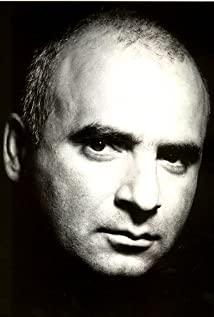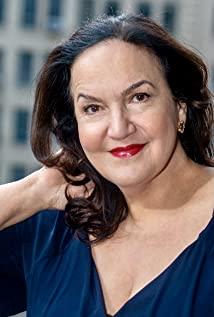The 1996 movie "Evita" described the joys and sorrows, the ups and downs, the enjoyment of prosperity, and the ups and downs of the first lady of Argentina, Evita. The film is adapted from Webster's opera of the same name, starring Madonna and Antonio Banderas.
"I am mediocre, insignificant, and shouldn't be cared by all walks of life. Everyone treats everyone equally, and you and I join hearts to share my life and sorrow." Evita said before his death, "...If I were for Argentina And die, please remember: Argentina, don't cry for me..." A classic "Don't Cry for Me, Argentina" made more people appreciate the legend of this woman.
Evita Veron (full name María Eva Duarte de Perón, also translated as Madame Veron, was born in Los Toldos Village, Argentina on May 7, 1919, and died in Buenos Aires on July 26, 1952) is First lady of Argentina, second wife of Argentine President Juan Perón.
Evita Veron's mother is an unmarried chef. At the age of 15, she came to Buenos Aires to start her acting career, and finally met her husband Juan Veron here. The two got married in 1945 soon after getting along.
Evita is President Veron’s most powerful political partner. She helped Veron ascend to the throne of the presidency. She also became the mother of the country and assumed the political roles of Minister of Women and Minister of Labor. The measures she took are very popular with the lower classes, and she has become the most popular political figure in Argentina. She became a center of worship, and her pictures and names appeared everywhere. In addition, she traveled around Europe and met with many heads of state and even the Pope. Its purpose was to advertise for Argentina after the war.
Although Evita is very famous and very powerful, she is very careful not to let herself cover up her husband's reputation. The working class in Argentina admired her and called her "the standard bearer of the poor"; but the wealthy, pro-British senior class hated her deeply, calling her "unscrupulous woman." However, rumors, insults and overloaded work also caused serious damage to Evita's health, and finally let her suddenly end her legendary life at the age of 33.
On the evening of July 26, 1952, the broadcaster of the Argentine National Radio announced to the whole country in a choked voice: "Evita Veron-the soul of the country, the spiritual leader of the nation has passed away." 700,000 people were in the capital Buenos. The city of Ellis mourned the coffin of Evita, 16 people were killed in the collision. In order to mourn her departure, the government declared national mourning, and at the same time changed the city of La Plata to Evita Veron.
In order to show his love for her, Veron made her body a "mummy" and placed it in an apartment in Madrid, where she stayed with her for twelve years, until she married his third wife Isabel. It is said that the embalming master Dr. Pedro Ala immersed her body in acetate and nitrate solutions, and then slowly injected the wax into her body. From then on, Madame Veron became the most complete and unique mummy ever.
In 1955, President Juan Belon was overthrown and fled, leaving behind his wife's mummy. The new regime cut off the mummy’s left ear and fingertips (on the surface to check for fingerprints, but in fact it is more likely to leave a memorial) to determine whether she is a wax man. It is said that an officer in charge of the guard at the time made a more reasonable move towards Evita's mummy almost insane. Then Argentina shipped the mummy to Italy, where the Vatican buried her in the Milan Cemetery. The tombstone reads "Maria Maggie".
The Argentines strongly demanded that she can continue to pay attention to her body, so her body was exhumed again 15 years later. When the coffin was opened, Evita was still very well preserved, and the grave-digger yelled in panic: "Miracle! Miracle!", and then fled in a panic. Evita's mummy was transported to Madrid, Spain, where Juan once lived. When he regained power in Argentina, he left Evita's mummy in Europe. After the death of Juan Veron in 1974, Evita's body was returned to Argentina and placed next to her husband for the people to pay respect. Her body is still stored in the original silver crystal lid coffin, and it looks exactly like it was 20 years ago.
Finally, Evita was buried in the Duarte family cemetery in Recleta Cemetery, buried deep under 7.3 meters of concrete until now. In Argentina, every year as long as July 26 is this day, people will put aside their work and use various methods to commemorate her. More than fifty years later, Evita Veron is still blooming in the hearts of the Argentine people like a blooming rose, and it never fades away. This is the myth of Mrs. Veron.
View more about Evita reviews










